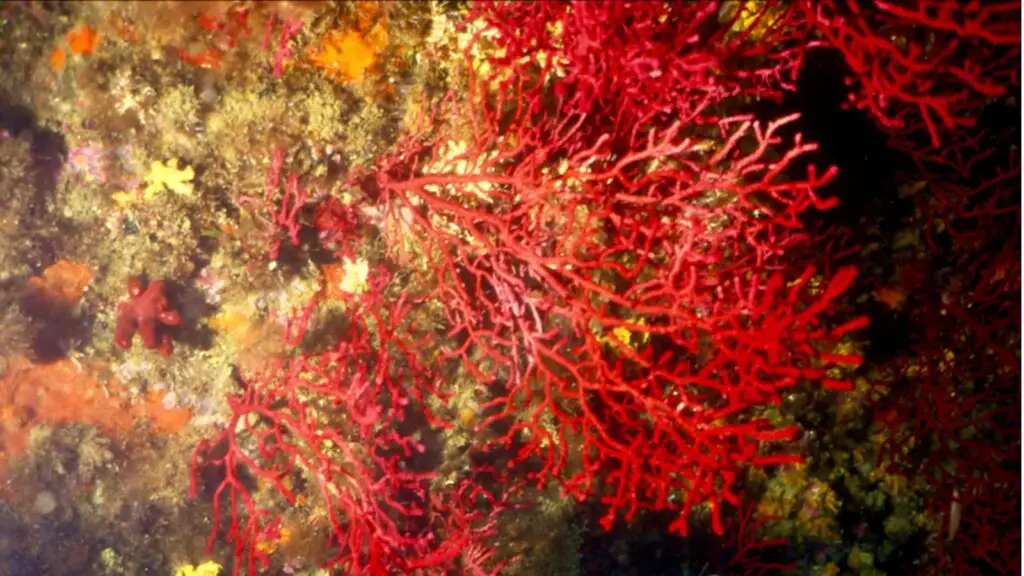Scientists have discovered that the presence of a certain single-celled microbe could be key to the survival of some corals.
Meet the Microbial Heroes
Not all heroes wear capes, especially the ones that are single-celled microbes. Researchers have found that the presence of certain microbes can determine whether coral will survive heat stress, often caused by climate change. This groundbreaking discovery sheds light on the role of non-algae microbes in supporting coral resilience. Javier del Campo, the senior author of the study, stated that a better understanding of these microbes can inform conservation practices to prioritize intervention for at-risk corals.
Corals, including the violescent sea-whip (Paramuricea clavata), play a crucial role in marine ecosystems but are facing increasing threats due to climate change-induced heat stress events.
Research Methods and Findings
An international team of researchers collected coral samples from the Mediterranean Sea and analyzed the bacteria living with the corals. They sequenced the rRNA of the bacteria and other single-celled organisms in the microbiome of the violescent sea-whip, a soft coral species. The samples were then subjected to heat stress to assess their resilience.
The study revealed that the presence of a group of parasitic single-celled organisms called Syndiniales increased the likelihood of coral survival during heat stress. Conversely, the presence of Corallicolids, a group of single-celled organisms related to the malaria parasite, was more common in corals that succumbed to heat stress.
Implications for Coral Conservation
Corals are vital for maintaining biodiversity in marine ecosystems, and the increasing frequency of ocean warming events poses a significant threat to their survival. The findings of this study hold critical implications for coral conservation efforts worldwide, as scientists strive to develop better strategies to protect these essential organisms.


